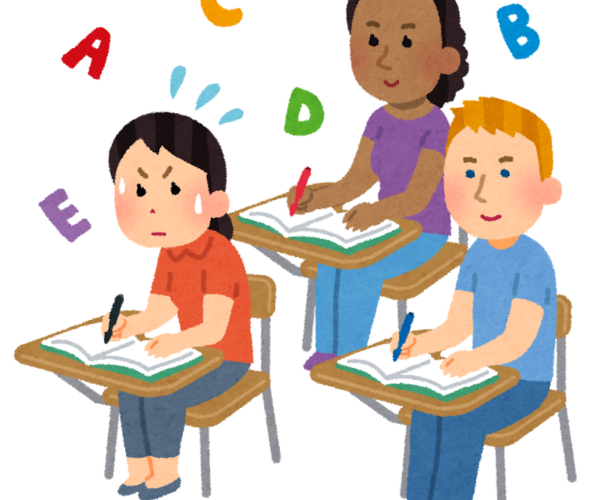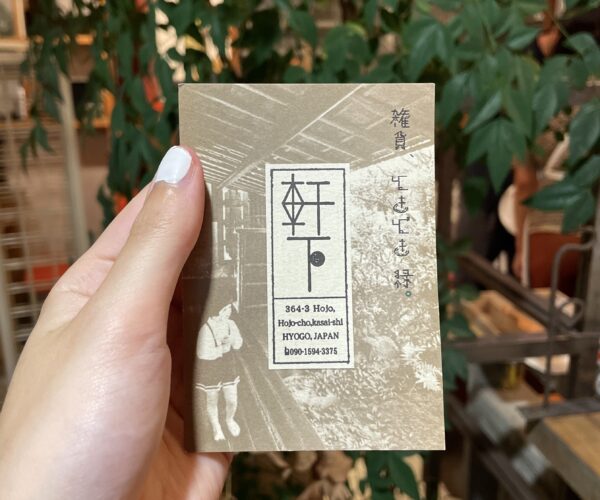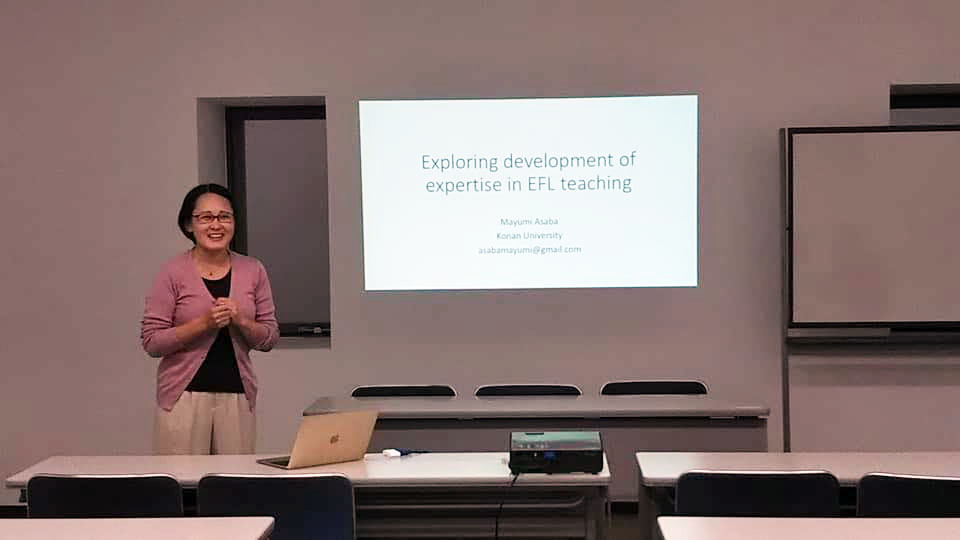This article originally featured in the December 2019 issue of Connect.
Interview with Mayumi Asaba
Rebecca Ruth (Hyogo)
Mayumi Asaba recently gave a presentation at a Kobe JALT event about her Ph.D. research. She studied the traits of truly effective teachers, using existing literature, her personal experience, and through studying four university teachers who are currently teaching English in Japan. One of those teachers is Japanese, two are American, and one is Australian.
I was lucky enough to have a chance to ask Mayumi about her research this November, and hear her explain why she chose these three skill sets as the most crucial for effective teachers. She dove right into the material.
Content Knowledge
I want to talk about knowledge, the kind of knowledge that effective teachers have. The first one is related to pedagogy and content. It’s called pedagogical content knowledge. The teachers know a lot about the content they teach. So in the case of English teachers, they know English grammar and also if it’s a content based class they know a lot about the content they teach, or if they’re teaching a skill based classes, they for example know what good writing looks like.
That’s content knowledge. And the pedagogy part is about how L2 students learn. They can consider students’ motivation. They know how to facilitate, for example, effective reading programs. They can assist students better to learn.
Knowledge of Learners
The second one again is related to knowledge. They know a lot about students. Knowledge of learners. They have general understanding of what Japanese students are like. If they’re teaching elementary school kids they know a lot about generally how they behave, how they learn, how they behave in the classroom.
They also know a lot about their own individual students: Akita kun struggles with this, Hanako chan is interested in this. They have both very general and very specific knowledge about their students.
 Problem Solving
Problem Solving
Effective teachers are good at finding problems. Whatever they do, their routine, they’re good at finding problems in their routine. This is something they usually do, but they realize there’s an issue. They’re good at finding problems and solutions.
Can you give an example of a problem within a routine?
A handout. They’ve been using this handout but students are not producing the results that they’re expecting. So for example, they’re not talking enough. The teacher realizes that maybe the order of activities is a problem, or the language that’s used on the handout is too difficult for the students to understand, or the topics are too difficult. So they realize that there’s an issue that’s preventing students from producing the results that they want them to.
It might be a little bit self-evident, but my next question is, why do they need those skills in particular?
I think that the ultimate goal of language teachers is to help students learn a language, right? Unless they know how to facilitate that process, it makes it difficult to achieve that goal. Especially in a Japanese context, I think, knowledge about learners is really important. The students I’ve interviewed, and the literature I’ve read, said Japanese students often expect to build some kind of emotional bonds with teachers, or they look up to their teachers, they want them to be their role models, rather than someone who just teaches them a subject. Language learning takes more than just giving them the language, it’s actually building a relationship, being a role model. It really helps them learn, and grows up their motivations.
How can new teachers develop these skills? Especially the student knowledge, building those connections across the language barrier, which I think ALTs want to do but don’t know how to do.
I think it depends on the students you have, but definitely show them that you’re interested in them. So, for example, maybe you know that my dissertation topic is on effective teachers. One of the teachers I had, for the first few weeks of the semester, he would take pictures of students, write down notes, and put them up in his cubicle until he memorized everyone’s names and faces. He made conscious effort to really, really learn about students. He would refer to them by their names. And when I talked to his students, they said we felt like an individual, rather than just his subject that he had to deal with. Something as simple as remembering their names and calling them by their names, or another teacher said that he would usually struggle in the beginning of the semester to learn about his students. So he would go over during his break before his classes begin and spend time with them. Watch them, talk to them, even during the break time.
Something simple like that—even when handing out assignments, sit and talk with students, even if it takes a long time.
So these teachers that you talk about—are they working in Japanese high schools?
All my participants are university teachers. Some of them are part time, some of them are full time teachers. But one of them spent quite a long time teaching in high school and he often referred to his experience teaching high school as an ALT.
Have the native speakers all been ALTs?
The other two came to Japan and started teaching at an English conversation school, and then moved to a university.
Note: If you are working as an ALT or in a language school, there are resources that could help you transition to a career in a Japanese university. One of them is JALT. For more information, refer to the interview with Armando Duarte, President of Kobe JALT.
How can these concepts be integrated into a lesson design?
I think it’s important to reflect on your lessons, on your activities, and continue to look at what you do with critical eyes. You know, reflection is a very popular term used in education. But after you’ve finished teaching a lesson try to think about what went wrong, what didn’t go well, and try to incorporate students’ perspectives. As I’ve said, if students are not behaving in the way that you want them to, it’s easy to blame students, but maybe we as teachers can focus on what we can do to solve the problem. So, talk to Japanese teachers, for example, or think about the goals of your activities or project and see how they match up with students’ needs.
“Effective teachers continue to learn.”
Another thing is that effective teachers continue to learn. They go to workshops, they go to conferences, they read.
They try to learn about how students learn a second language. You can try out some of the theories that you read in an article, or try out an activity that you learned in a workshop. See how that matches up. Take risks. Try to see things from students’ eyes, try to use things and learn from mistakes.
How did you determine that these three particular skills are crucial?
Literature, my own research, and my own teaching experience, so, three places.
I read a lot of literature. Most of the studies, most of the research has been done in the United States, focusing on middle school kids. I also teach, I’ve been teaching for 20 years, so I reflect on my own experience. And my dissertation about the four teachers that I studied for a couple of years. The literature from the United States would maybe say this pedagogical content knowledge is most important. I realized in Japan, just making a connection emotionally with students is really important.
Do you have any advice for ALTs?
It’s hard, but from what I saw among my participants, there’s no perfect teacher. They do the best they can in the position they’re in, and try to enjoy the process.
I never taught in high school or junior high or elementary so I don’t quite know exactly what they’re struggling with. There are different factors that affect teachers and their teaching and development, such as their colleagues. Or the materials that they have to use, or curriculum that they must follow. There are a lot of limitations. And it’s easy to say, “this is what’s preventing me to do what I wanna do.” But I think if they could find a way to work around it . . . It’s easy to give up. But I think that once you find a problem that you want to talk about, or find creative ways to overcome that, by working with people you trust, or by reading, I think you will make learning and teaching a lot more fun for yourself.
Mayumi Asaba is an instructor at the Hirao School of Management at Konan University. She received her Ph.D. in education, Concentration in Applied Linguistics from Temple University, Japan. Her research interests include expertise in L2 teaching and teacher development.




